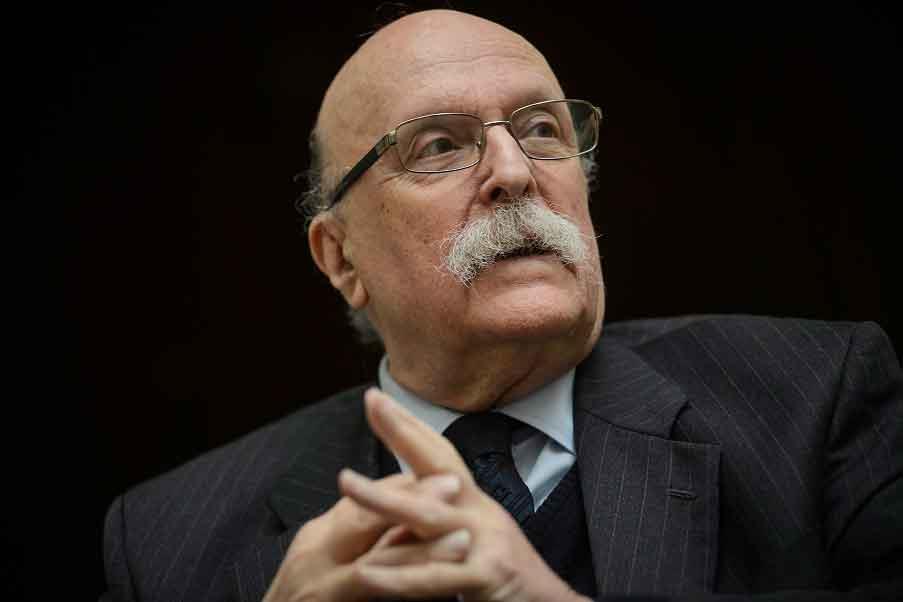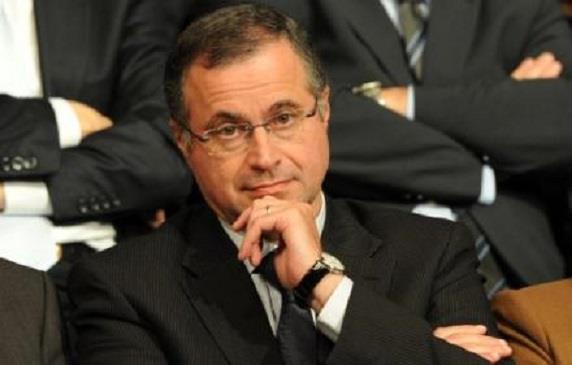It would be up to the Speaker of the House to decide whether a motion of no confidence against OPM Chief of Staff Keith Schembri is carried forward or not.
Independent MP Marlene Farrugia, who filed a motion of no confidence against Minister Konrad Mizzi (the motion and subsequent vote will be held this evening) had confirmed she had plans to file a separate motion against Schembri.
Keith Schembri, along with Minister without portfolio Konrad Mizzi, has been under immense pressure ever since it was revealed that the two set up companies in the secretive jurisdiction of Panama. The Opposition says that the choice of Panama and the fact that several details were kept hidden by Mizzi and Schembri implies corruption. But both Mr Mizzi and Mr Schembri deny any wrongdoing.

Experts who spoke to The Malta Independent said that the motion against then ambassador Richard Cachia Caruana in 2012 has set a precedent.
“This case set a clear precedent. Richard Cachia Caruana was an ambassador and the motion was filed in his capacity as such. Keith Schembri is not an ambassador but he works in the Prime Minister’s office, with a contract that effectively renders him a public servant for its duration. At the end of the day this is a question of parliamentary procedure and it is up to the speaker to decide,” one expert said.
Another expert agreed that a precedent had been set because proper procedure was not followed in the Richard Cachia Caruana no confidence vote. “Cachia Caruana was an ambassador to the EU but he was directly answerable to the Prime Minister. It would have been logical for a no confidence motion to be filed against the permanent secretary of that particular ministry (the OPM in this case) or the Prime Minister himself.”

Dr Muscat had already shot down this argument when he said Richard Cachia Caruana’s case was different to Keith Schembri’s because, as an ambassador he had been a holder of public office.
But retired judge Giovanni Bonello, who chairs the Justice Reform Commission, agreed that the Richard Cachia Caruana precedent might have changed the scenario. “This is a grey area. Before the Cachia Caruana motion of no confidence, I would have said that it is the function of Parliament to pass judgement only on those person or entities which the Constitution, or special laws, authorize Parliament to pass judgement on – like MPs in breach of privilege proceedings, members of the judiciary in impeachment proceedings, votes of no confidence in ministers or governments, etc. The powers of Parliament are established and listed in Articles 65 to 74 of the Constitution, and nowhere does this hint at any power to express a vote of no confidence in a and employees of the public service.

“However, our Parliament follows the British model which functions in virtue of parliamentary conventions and precedents. After the Cachia Caruana vote, it may well be that the position has now changed, and that Parliament has now acquired this new power by virtue of its previous ‘abuse of power’.
Judge Bonello said he was not aware of any other case apart from the Cachia Caruana precedent, but there may well have been.
A former speaker, who did not wish to be named, said the motion of no confidence against Mr Cachia Caruana had set a precedent. “Ultimately it is up to the Speaker to decide whether the motion presented is valid and should be debated and voted upon, but the Cachia Caruana case has definitely set a precedent.”

Speaker Anglu Farrugia said when contacted that he did not wish to comment until such a motion, if any, was presented before him. “At this stage I cannot answer your question. I will only comment after any such motion is presented.”
Pressed to say if any such motion could be presented, Dr Farrugia said: “Procedurally, anyone can present any kind of motion but if it can be carried forward is another issue entirely. I do not wish to comment for the time being.”
Last week, PM Joseph Muscat announced that he had removed the health and energy portfolios from under Konrad Mizzi, who is now a minister without a portfolio, and would entrust him with special tasks, which include the completion of the new power station.
Dr Muscat said he would take no action against Keith Schembri, a long-time friend of his, for Mr Schembri is not an elected politician. The PM insisted that he had full confidence in Mr Schembri.
While a number of motions of no confidence in the government or in certain ministers were filed over the last decade, no confidence motions against public officials are something of a rarity.
In fact, the only recent no confidence motion filed against a public official was the one filed in 2012 against Mr Cachia Caruana, which led to the resignation of Malta’s permanent representative in Brussels.
The Labour Party had accused Mr Cachia Caruana of conspiring behind Parliament’s back to seek Malta’s re-entry into the Partnership for Peace programme run by Nato, a military organisation, before the 2008 election.
Mr Cachia Caruana denied these accusations, insisting he was only trying to gain the country access to security information that was withheld from Malta at EU level because it was not part of PfP. After his resignation, Mr Cachia Caruana was retained as an advisor to Lawrence Gonzi.

In 2012, former Home Affairs Minister Carmelo Mifsud Bonnici (above) was forced to resign after the Labour Opposition filed a motion of no confidence, which was supported by former PN MP Franco Debono. A week later, Dr Debono supported the PN government in a confidence vote.
A couple of weeks later he again voted with the government in a vote of no confidence against Cachia Caruana. But the vote was lost after then PN MP Jeffrey Pullicino Orlando sided with the Opposition and former transport minister Jesmond Mugliett abstained.